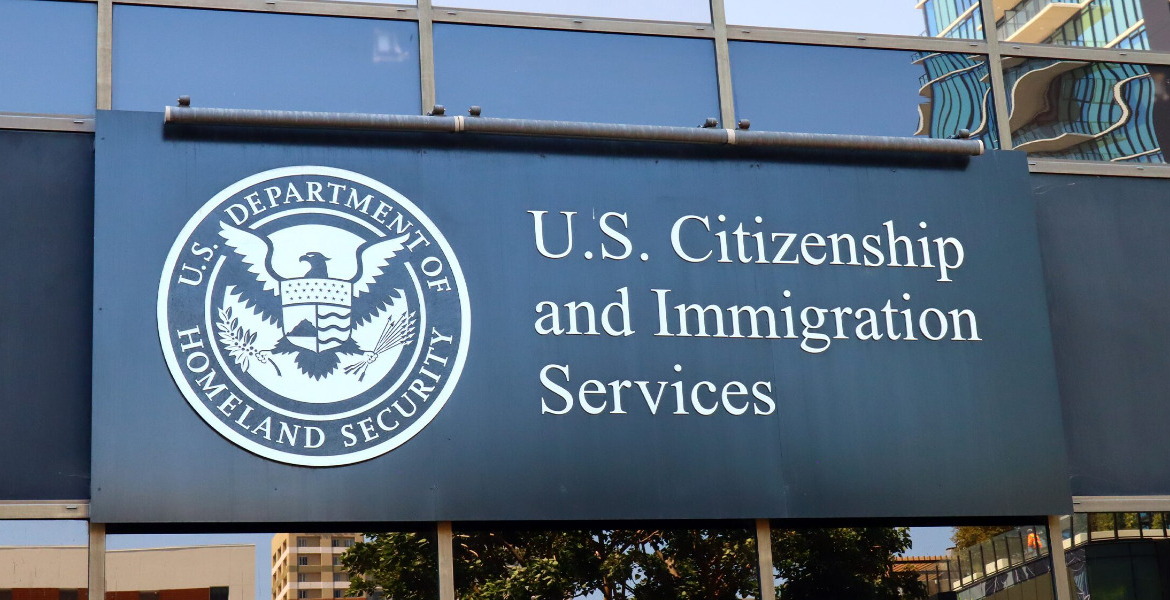USCIS Updates Medical Exam Policy, Effective June 2025

The US Citizenship and Immigration Services (USCIS) is set to implement stricter guidelines on the use of Form I-693, the medical examination report required for various immigration applications, from 11 June 2025.
Under the revised policy, the form will only be valid for the specific application it accompanies, a change from previous allowances for broader reuse. This update affects all Form I-693s signed by a civil surgeon on or after 1 November 2023. According to the new regulations, if an immigration application faces denial or withdrawal, the associated medical form becomes void and cannot be used for subsequent filings.
Forms signed before the November 2023 threshold retain their two-year validity, contingent on the original application remaining active. The policy represents a reversal of a decision made just over a year ago, when USCIS expanded the form's usability, permitting applicants to reuse valid medical exams across multiple applications. USCIS officials now state that this flexibility posed a potential risk to public health by allowing outdated medical information to influence immigration decisions.
By linking the form's validity strictly to a single application, the agency aims to ensure that health assessments reflect applicants' current medical status. The policy change significantly impacts those applying for lawful permanent residency through adjustment of status, as it necessitates a new medical examination if their initial application is unsuccessful. This can introduce additional costs and potential delays, particularly for applicants who expected to rely on a previously completed Form I-693.
The agency advises applicants to submit Form I-693 concurrently with their immigration petitions, a requirement formalised in December 2024. Those planning to reapply after a denial or withdrawal should anticipate the need for a fresh medical exam, irrespective of when the previous one was conducted.
USCIS emphasise that the change streamlines processing and reinforces public health safeguards, especially in light of evolving medical standards and vaccination requirements. This aligns with a broader shift in the agency's approach to immigration vetting, prioritising up-to-date health data as a critical aspect of admissibility.
"By ensuring that medical evaluations are both timely and application-specific, the agency hopes to foster a more accurate and health-conscious admissions system," a spokesperson stated.








Add new comment